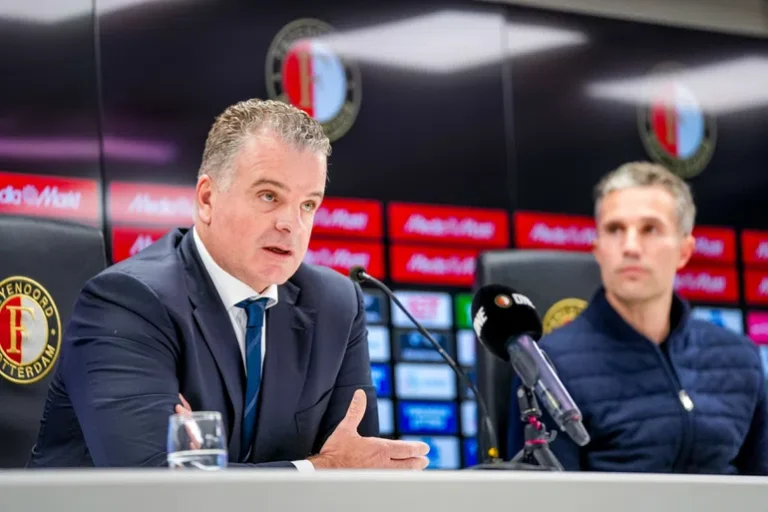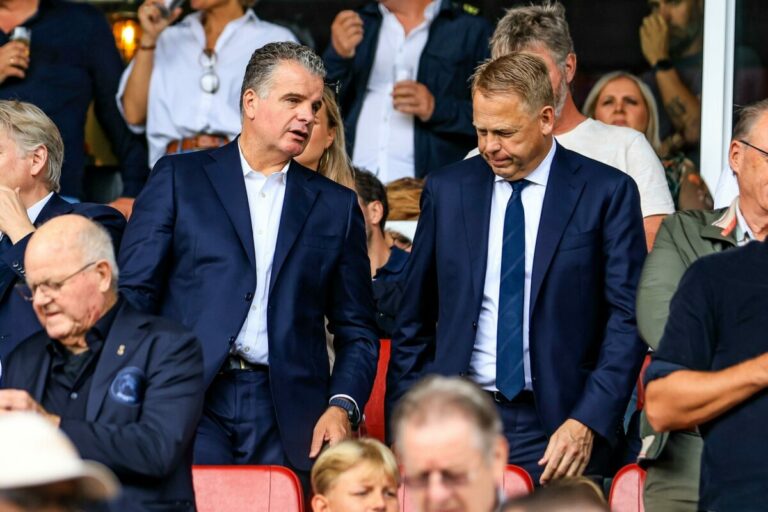
The Phoenix Suns have effectively decided to absorb an enormous financial burden to part ways with Bradley Beal, a move that signals just how far the franchise has shifted its strategic direction in the aftermath of a disappointing season. In what amounts to a staggering financial write-off, the Suns have chosen to pay Beal approximately $97 million to not play another minute for the organization—a decision rooted in luxury tax constraints, team chemistry issues, and a failed experiment in star-stacking.
Beal, who was acquired from the Washington Wizards in June 2023, was supposed to be the final piece in Phoenix’s championship puzzle. Teaming up with Kevin Durant and Devin Booker, Beal formed a high-powered trio that, on paper, could compete with the best in the league. But that potential never materialized on the court. Injuries, inconsistencies, and an unclear fit in Frank Vogel’s system hampered Beal’s ability to impact the team the way management had envisioned.
In his lone season with the Suns, Beal appeared in just 53 games and struggled to stay healthy, managing averages of 18.2 points, 4.4 assists, and 4.1 rebounds per game—his lowest scoring average since 2015. Despite flashes of efficiency and solid on-ball playmaking, Beal never quite found his rhythm in Phoenix. More importantly, his presence did not translate to postseason success. The Suns were bounced early in the playoffs, and questions about roster balance, defense, and depth dominated offseason discussions.
With Beal still owed over $150 million across the next three seasons, including a player option in the final year, Phoenix found itself at a crossroads. Keeping Beal on the roster would have meant a continued commitment to a top-heavy salary structure that left little room for flexibility. The team was already deep into the luxury tax and facing harsh penalties under the NBA’s new Collective Bargaining Agreement.
Rather than continue down a financially unsustainable path, Suns owner Mat Ishbia and team president James Jones chose to cut their losses. Sources say Phoenix agreed to a combination of a buyout and a stretch provision that would spread Be






